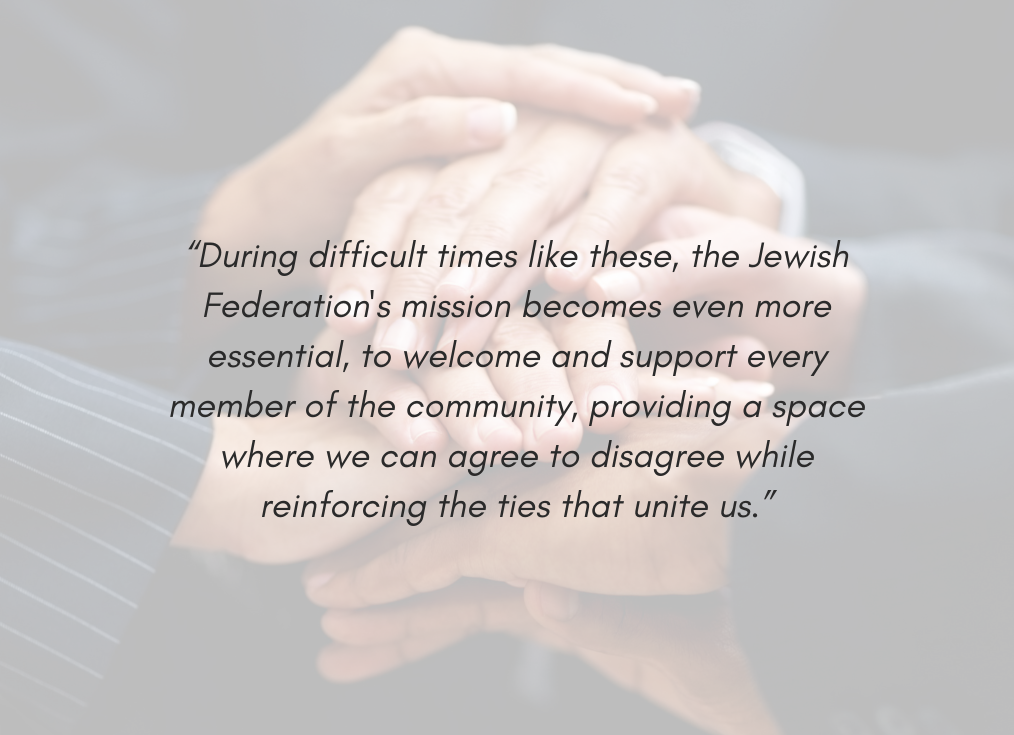Comparable but not Identical

June 14, 2024
Sivan 8, 5784
The closing verses of this week’s Parashat Naso (Numbers 7:12-89) present a striking repetition, as the Torah meticulously details the identical gifts brought by each of the twelve tribal chieftains for the dedication of the Tabernacle. Rather than briefly summarizing the gifts and stating that each tribe brought the same offerings on twelve consecutive days, the Torah repeats the entire list of offerings twelve times, seemingly contradicting its usual concise and precise language.
This repetition takes on deeper significance when viewed in the context of our celebration of Shavuot earlier this week, the holiday commemorating the “giving” (matan) of the Torah. Jewish tradition teaches that every Jewish soul was present at the revelation at Mount Sinai. Consequently, some have asked, perhaps the holiday should have been named the “receiving” (kabbalat) of the Torah because we all received it simultaneously. To which the answer provided by our great sages was that even though we all experienced the same event, each person received and internalized the Torah in their unique way. It was only Gd’s “giving” of the Torah that was delivered to everyone the same way.
…
The repetition in Parashat Naso reminds us that while we may share common experiences, our individual perspectives and interpretations are profoundly personal. Just as each tribal chieftain received equal recognition for their identical gifts, we too must appreciate the diversity of experiences and understandings that arise from shared events.
Every day, we live shared experiences – breathing the same air, drinking the same water, and even reciting the same prayers. Yet, our intentions, emotions, and interpretations imbue these shared experiences with individual meaning. Like the chieftains’ gifts, our experiences may appear identical from the outside, but they are deeply personal and unique within.
This duality of shared experiences and individual perspectives is a fundamental aspect of our human condition. We are guided by cultural norms and communal traditions, which bind us together as a people. Yet, at the same time, our personal journeys and interpretations make each of us distinct and irreplaceable.
In today’s climate, it is especially important to recognize this balance. As our community grapples with global events, particularly the war in Israel, individual members may feel varying levels of support, frustration, empathy, dedication, and connection. During difficult times like these, the Jewish Federation’s mission becomes even more essential, to welcome and support every member of the community, providing a space where we can agree to disagree while reinforcing the ties that unite us. Today we must make an even greater effort to remain united and connected, even as our personal perspectives may differ.
As we navigate this delicate balance, let us embrace the wisdom of the universal golden rule: “Do unto others as you would have them do unto you.” Reach out to someone today, letting them know you are there for them, just as you appreciate their presence in your life. For while our experiences may be comparable, they are never identical, and it is through recognizing and cherishing our individual journeys that we can truly connect and grow. Because we are…
Shabbat Shalom.

